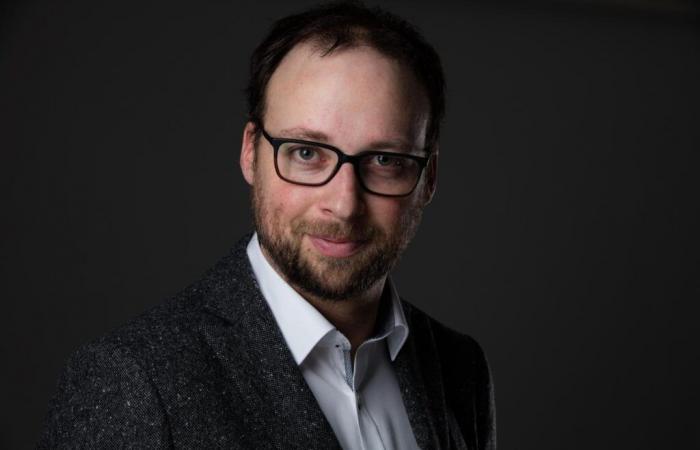Sylvain A. Lefèvre is a doctor in political science and professor at the University of Quebec in Montreal. He is co-author, with Anne Monier, of the book Philanthropists in democracy (PUF, 2021).
What place do you think successful financial market elites occupy in the vast world of philanthropy?
In my opinion, we must distinguish the philanthropy of these very wealthy individuals, often advised by lawyers and tax experts, from the evolution of large institutional foundations. If we observe them from the point of view of the wealth they concentrate, it is true that these people occupy the front of the stage but, as far as their action is concerned, are they not maintaining the status quo instead of changing the world ?
Read also | Article reserved for our subscribers Patronage from the ultra-rich is changing the face of philanthropy
Read later
Some more modest funding sometimes plays a pivotal role in meeting real needs, even if this middle-class philanthropy and small donations – encouraged by states since the First World War – is collapsing. The number of donors is falling but the total volume of donations is increasing because major patrons pay very large sums. This trend only follows the levels of wealth inequality.
Is there a movement among the richest that is emerging in the face of this capitalist philanthropy? MacKenzie Scott, for example, seems to adopt a more generous strategy.
Indeed, the ex-wife of Jeff Bezos takes the opposite view of “philanthrocapitalism”, which aims to constantly manage and evaluate the groups financed and relies on market tools. It is rather part of a movement that is gaining momentum and is inspired by the alternative foundations of the 1970s, created then by rebel heirs to support causes such as those of the Black Panthers or feminist movements. It’s about giving without constraint, leaving power to the funded groups.
Read also | Article reserved for our subscribers Territories, the new frontier of corporate sponsorship in France
Read later
Today, a “philanthropy of trust” is campaigning for an end to an evaluation based on quantitative indicators. It brings together classic foundations which talk more about justice and less about charity, such as the Ford Foundation. Since the election of Donald Trump, the latter has been classified more to the left because it supported the Black Lives Matter movement. This trend also attracts more atypical personalities like Marlene Engelhorn, the Austrian heiress to the chemical group BASF, who created a sort of mini citizens’ convention with people drawn at random to redistribute her wealth.
You have 44% of this article left to read. The rest is reserved for subscribers.






